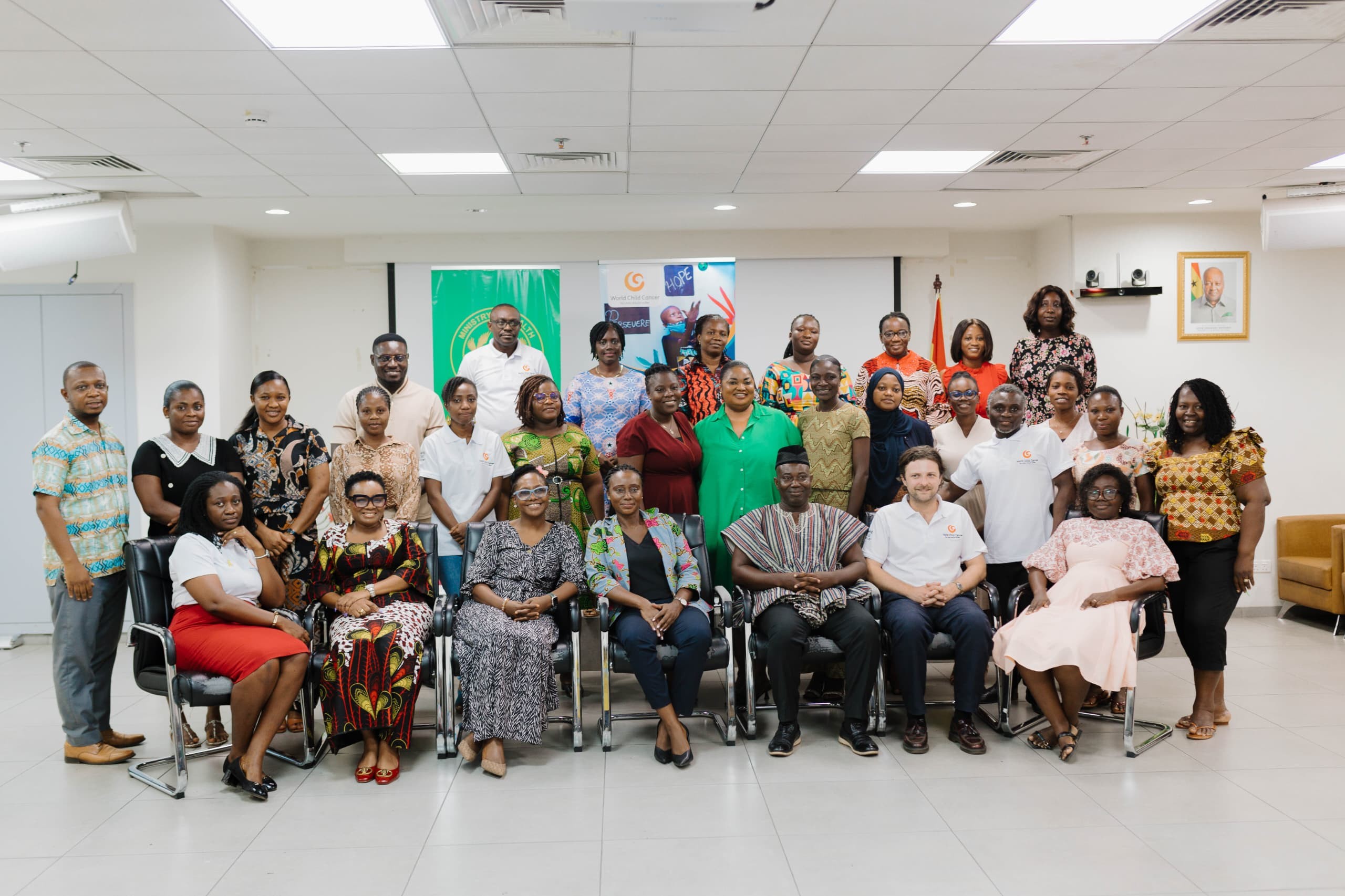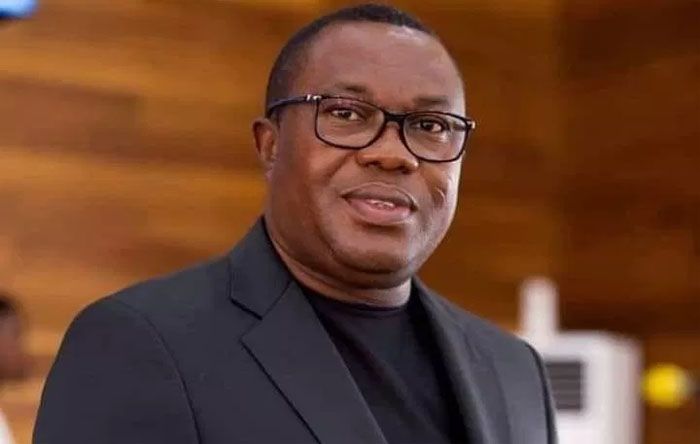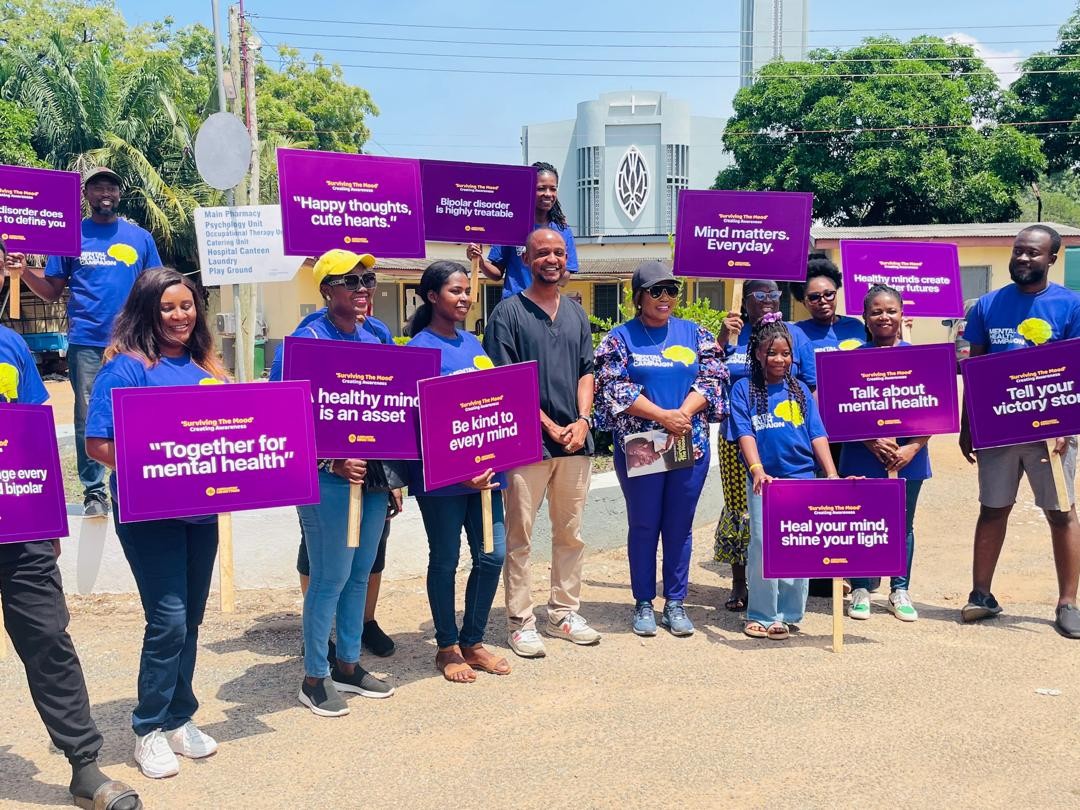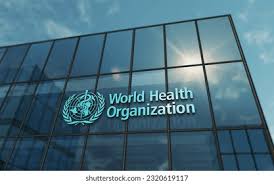The World Child Cancer (WCC) organisation has officially concluded its nationwide haematology training project in Ghana, which trained over 300 healthcare professionals in safe blood transfusion practices and the management of transfusion-related complications in paediatric cancer care.
Held in Accra, the project closure event brought together stakeholders, partners, and policymakers to reflect on progress, share best practices, and discuss future collaboration to strengthen paediatric oncology services in Ghana.
The Chief Executive Officer of the National Blood Service (NBS), Dr. Shirley Owusu-Ofori, expressed concern over declining voluntary blood donations, attributing the trend to persistent myths that donated blood is used for spiritual or occult purposes.
“These misconceptions are entirely unfounded. Blood collected by the National Blood Service is used solely for clinical purposes to save lives,” she stated, calling on the media to intensify public education and advocacy to counter misinformation.
Dr. Owusu-Ofori urged Ghana to prioritise blood safety and build a sustainable national blood supply system as part of efforts to achieve Sustainable Development Goal 3 (SDG 3), which focuses on ensuring healthy lives and promoting well-being for all.
Speaking on behalf of the Minister for Health, Mr. Kwabena Mintah Akandoh, the Director of Allied Health at the Ministry of Health, Mr. Ignatius Awininobo, commended the WCC project for addressing critical gaps in managing childhood cancers and haematological disorders.
He noted that the initiative not only improved the clinical capacity of health professionals but also contributed to building long-term resilience within Ghana’s healthcare system.
“Early detection, effective clinical management, and standardised protocols are essential to reducing the burden on families and the national health system,” the Minister’s message stated.
The Minister also applauded World Child Cancer and its donor partner, Bristol Myers Squibb, for their continued investment in strengthening paediatric cancer care across the country.
Adwoa Pinamang Boateng Desu, Country Coordinator of WCC in Ghana, praised the successful implementation of the project despite initial challenges related to funding and logistics.
“We encountered several hurdles, but through teamwork, persistence, and strong partner support, we rolled out a comprehensive and impactful training programme,” she said.
The training, which took place across five regional zones, targeted doctors, nurses, physician assistants, and oncology pharmacists. Participants reviewed the programme and recommended several improvements for future implementation, including mentorship with experienced haematologists, two-week clinical internships, peer-led training, and the development of a national digital repository of haematology resources.
Ms. Desu stressed the need to institutionalise the training within Ghana’s healthcare framework to ensure long-term sustainability and widespread benefit.
“Our aim is not just to train, but to integrate this model into the national system so future health professionals can continue to benefit,” she said.
She commended all stakeholders—including the National Blood Service, partner hospitals, and community leaders—for their commitment and collaboration.
World Child Cancer has supported paediatric oncology care in Ghana since 2010, helping to close the gap in access to quality treatment for children with cancer and reduce global disparities in childhood cancer outcomes.
By Margaret Esaah Boakye
Share Us



